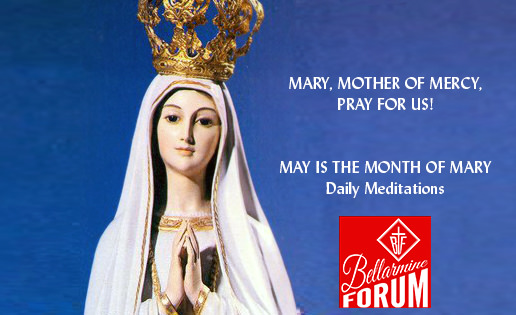- Blessed Charles the Good (1124). Martyr, Patron or Patroness. Male counts & crusader. (Historical)
ST. SIMPLICIUS was the ornament of the Roman clergy under SS. Leo and Hilarius, and succeeded the latter in the pontificate in 497. He was raised by God to comfort and support his Church amidst the greatest storms. All the provinces of the Western Empire, out of Italy, were fallen into the hands of barbarians. The emperors for many years were rather shadows of power than sovereigns, and in the eighth year of the pontificate of Simplicius, Rome itself fell a prey to foreigners. Italy, by oppressions and the ravages of barbarians, was left al most a desert without inhabitants; and the imperial armies consisted chiefly of barbarians, hired under the name of auxiliaries. These soon saw their masters were in their power. The IIeruli demanded one-third of the lands of Italy, and, upon refusal, chose for their leader Odoacer, one of the lowest extraction, but a resolute and intrepid man, who was proclaimed king at Rome in 476. He put to death Orestes, who was regent of the empire for his son Augustulus, whom the senate had advanced to the imperial throne. Odoacer spared the life of Augustulus, and appointed him a salary of six thousand pounds of gold, and permitted him to live at full liberty near Naples. Pope Simplicius was wholly taken up in comforting and relieving the afflicted, and in sowing the seeds of the Catholic faith among the barbarians. The East gave his zeal no less employment and concern. Peter Cnapheus, a violent Eutychian, was made by the heretics patriarch of Antioch; and Peter Mongus, one of the most profligate men, that of Alexandria. Acacius, the patriarch of Constantinople, received the sentence of St. Simplicius against Chapheus, but supported Mongus against him and the Catholic Church, and was a notorious changeling, double dealer, and artful hypocrite, who often made religion serve his own private ends. St. Simplicius at length discovered his artifices, and redoubled his zeal to maintain the holy faith, which he saw betrayed on every side, whilst the patriarchal sees of Alexandria and Antioch were occupied by furious wolves, and there was not one Catholic king in the whole world. The emperor measured every thing by his passions and human views. St. Simplicius having sat fifteen years, eleven months, and six days, went to receive the reward of his labors, in 483. He was buried in St. Peter’s on the 2d of March.

REFLECTION: “He that trusteth in God, shall fare never the worse,” saith the Wise Man in the Book of Ecclesiasticus.
WORD OF THE DAY
CRIMES OF LOGIC. A term in existentialist philosophy to identify a new phenomenon in world history: massive crimes against humanity, such as genocide and legalized abortion. They are called crimes of logic, unlike the crimes of passion, because they are done with careful planning and founded on a ready-made philosophy that legitimizes whatever those in power wish to perpetrate.
Modern Catholic Dictionary, Fr. John Hardon SJ (Get the real one at Eternal Life — don’t accept an abridged or edited version of this masterpiece!)
LENT MEDITATION DAY 13
Enjoy daily meditations this lent from Fr. Richard Clarke, SJ. Short and powerful, written in 1880 for busy lay people to reap rewards through lent. (includes audio): Lent Day 13: Monday after the Second Sunday in Lent — The Consolations of the Sacred Agony.
March is the Month of St. Joseph
Daily devotional meditations on Saint Joseph: March 2d — St. Joseph’s Parentage and Birth.


